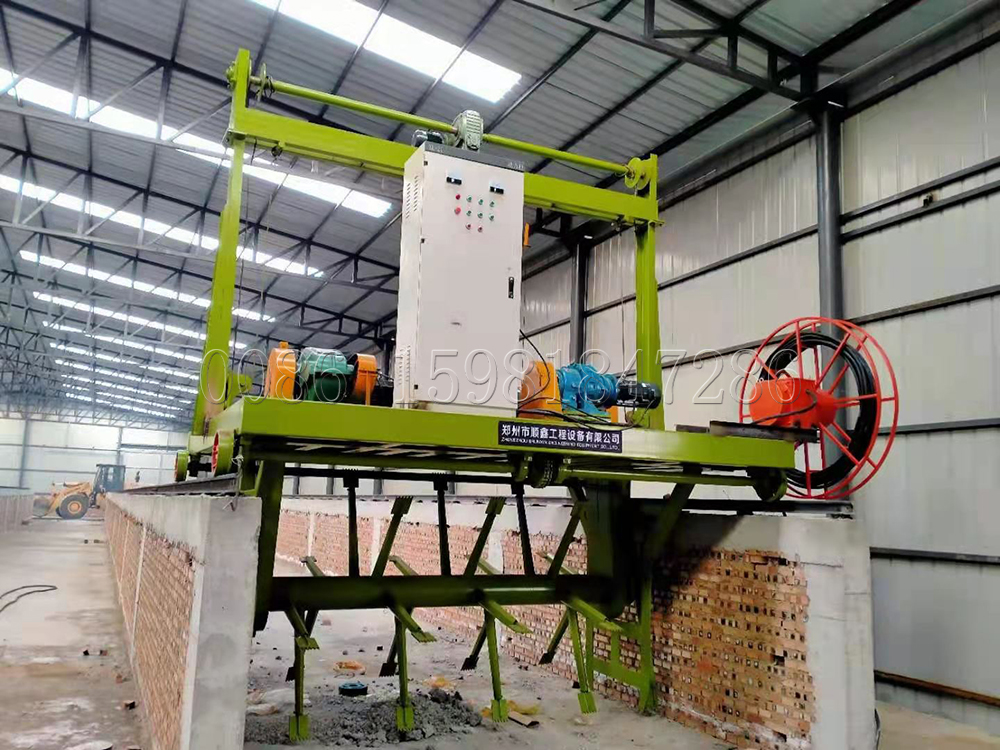Which composting method does a small farm usually choose?
Composting is generally divided into aerobic composting and anaerobic composting. Aerobic composting is the process of decomposing organic materials in the presence of oxygen, and its metabolites are mainly carbon dioxide, water and heat. Anaerobic composting is a process of decomposing organic materials under anaerobic conditions, and its main products are methane, carbon dioxide and many intermediate products of low molecular weight, such as organic acids. Compared with aerobic composting, anaerobic composting produces less energy per unit mass of organic matter degradation, and anaerobic composting is usually prone to odor. For these reasons, aerobic composting is currently used in most compost systems.

As a small farm, due to insufficient funds and small site area, aerobic fermentation is often used. The pig manure, chicken manure, cow manure and other farm manures to be composted are stacked in the fermentation groove for fermentation. And it is often chosen to add a large amount of straw, husk bran, biogas residue and other auxiliary materials with low moisture content to mix them so as to reduce the moisture content of compost materials. At this time, it is necessary to use the groove type composter to mix and stir these auxiliary materials with the manure compost. At the same time, during the composting period, due to the continuous decomposing, the temperature in the heap will continue to increase and the oxygen will continue to decrease. Therefore, it is necessary to promote oxygen, evaporate excess water and take away excess heat. The groove type compost turner can be a good solution.
After the fermentation is completed, the harmless treatment of manure is basically completed, but in order to use it as an organic fertilizer, it is necessary to pulverize, stir (add nitrogen, phosphorus and potassium), and granulate. For questions about process and equipment configuration, welcome to contact us.
